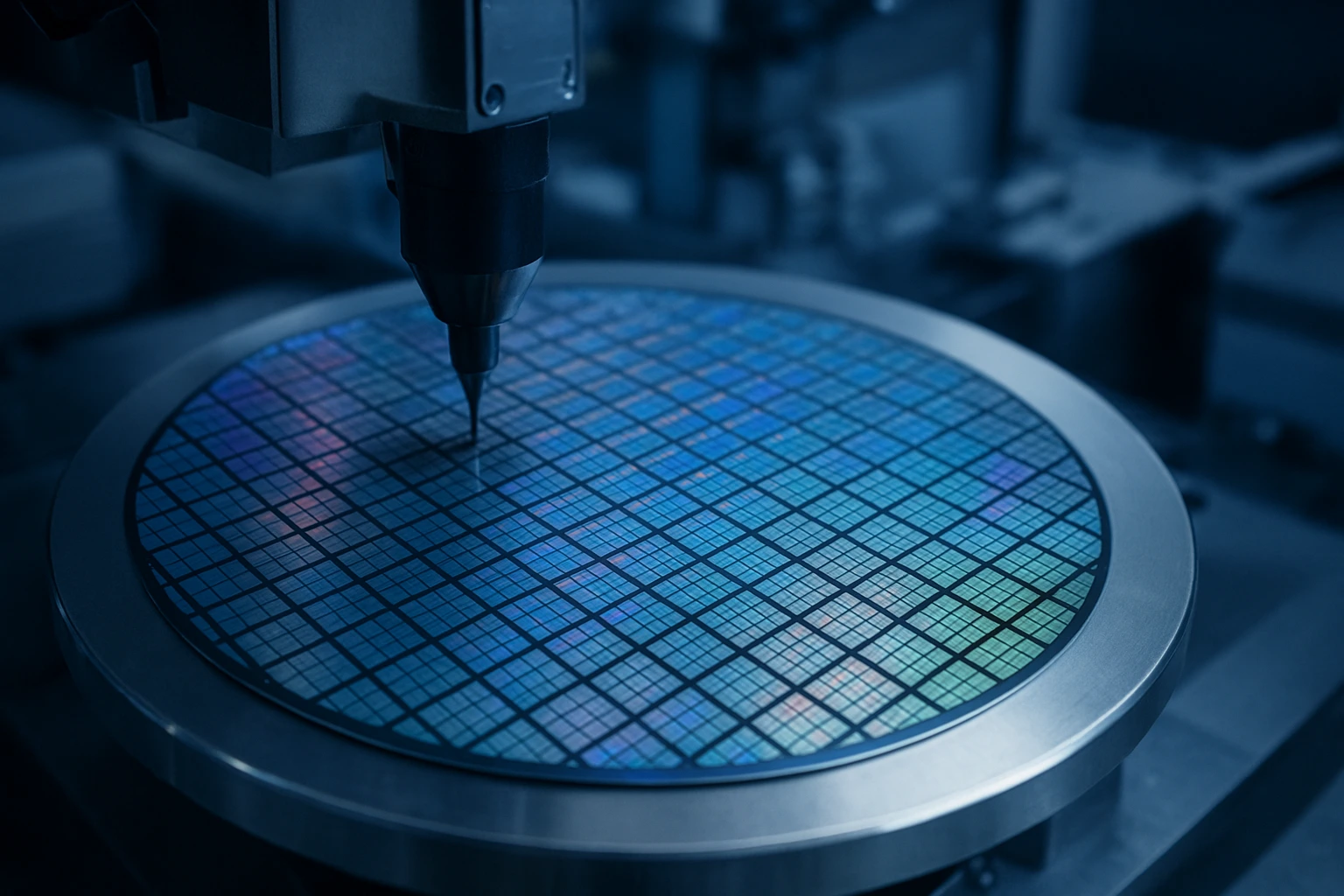BEIJING — China has lifted export restrictions on computer chips essential for car manufacturing, a move that industry officials say could ease months of uncertainty for European automakers and signal a modest thaw in global trade tensions.
The Chinese Commerce Ministry said Sunday it had granted exemptions for exports made by Chinese owned semiconductor firm Nexperia, provided the chips are used for civilian purposes.
The decision comes amid broader efforts by Beijing and Washington to stabilize their economic relationship following a series of tariff and export disputes.
Nexperia, based in the Netherlands but owned by China’s Wingtech Technology, became a focal point in Europe’s semiconductor policy after the Dutch government took temporary control of the firm in October.
Officials in The Hague said the move was necessary to ensure security of supply for critical components used in vehicles and electronics.
In response, China restricted exports of Nexperia’s finished chips, triggering fears of production halts across Europe. Roughly 70 percent of the company’s chips made in Europe are shipped to China for completion and then re-exported to other markets.
The European Automobile Manufacturers’ Association (EMEA) warned last month that supplies could be exhausted within weeks if restrictions were not lifted.
Automakers including Volvo Cars, Volkswagen, and Jaguar Land Rover voiced concern that the bottleneck could force temporary factory shutdowns.
On Saturday, EU Trade Commissioner Maros Sefcovic said China had agreed to simplify export procedures for Nexperia and to exempt civilian use chips from licensing requirements. “We welcome China’s constructive engagement in restoring supply stability,” Sefcovic said in a post on X.
Trade analysts view the move as part of a broader recalibration between Beijing and Western capitals following last month’s meeting between Chinese President Xi Jinping and US President Donald Trump. The leaders agreed to roll back some tariffs and pause new trade measures for a year in an attempt to stabilize global markets.
“China’s decision reflects a pragmatic shift,” said Dr. Helena Zhao, a senior trade policy researcher at the Institute for Global Economics in Singapore.
Semiconductors are at the heart of industrial supply chains. Beijing recognizes that prolonged restrictions risk hurting both domestic manufacturers and foreign partners.
Experts note that the easing also coincides with China’s suspension of export bans on several strategic materials including gallium, germanium, antimony, and super hard materials that are crucial for semiconductor and battery production. The suspension, effective through November 2026, is seen as an olive branch toward the United States and its allies.
According to the EMEA, the European automotive sector consumes roughly 35 percent of all semiconductors used in manufacturing within the region. Supply shortages since the pandemic have already cost automakers an estimated €100 billion in lost production between 2020 and 2024.
Nexperia, a mid tier player in the global semiconductor market, supplies chips used in power management and safety systems for vehicles. Its European facilities in Germany and the Netherlands produce an estimated 10 billion units annually.
“Even a temporary halt in exports from China could have created a cascade effect across the supply chain,” said Lars De Vries, a logistics analyst at the European Industrial Supply Network. “Carmakers operate on just in time models, and any delay at the chip level translates directly into lost vehicle output.”
Automakers and industry groups welcomed the move, though many cautioned that structural issues in the chip supply chain remain unresolved.
“At least this provides some breathing room,” said a spokesperson for Volvo Cars in Gothenburg. “Our production plans for the first quarter of next year can now move forward with greater certainty.”
In Wolfsburg, Volkswagen’s logistics head, Karin Stein, said the company had been preparing contingency plans for potential factory shutdowns.
“We’re relieved that common sense prevailed,” she said. “But the lesson here is that we need to diversify critical component sourcing.”
In Eindhoven, where one of Nexperia’s European plants operates, employees expressed cautious optimism. “Everyone’s been on edge for weeks,” said Johan Peeters, a production engineer. “It’s good to know we can keep shipping products without fearing another political standoff.”
Analysts believe that while the exemption may reduce short term pressures, the geopolitical contest over semiconductor dominance is far from over.
The Netherlands, home to lithography giant ASML, remains under pressure from the United States to restrict advanced chip technology sales to China.
“Expect more tactical truces rather than a full resolution,” said Zhao. “Each side is balancing national security concerns with economic interdependence.”
European officials have called for a “predictable and transparent framework” to prevent future disruptions. “Close engagement with both Chinese and Dutch authorities continues as we work toward long term stability,” Sefcovic said.
Meanwhile, China’s Commerce Ministry urged the European Union to “exert its influence” to persuade the Netherlands to reverse what it called “erroneous practices” in its oversight of Nexperia.
China’s decision to lift export curbs on car chips marks a significant easing in the ongoing trade frictions that have rattled global markets.
For European automakers, the move offers temporary relief after months of uncertainty. Yet, as governments continue to navigate the complex intersection of technology, security, and trade, experts warn that the path to lasting stability in the semiconductor sector remains uncertain.
